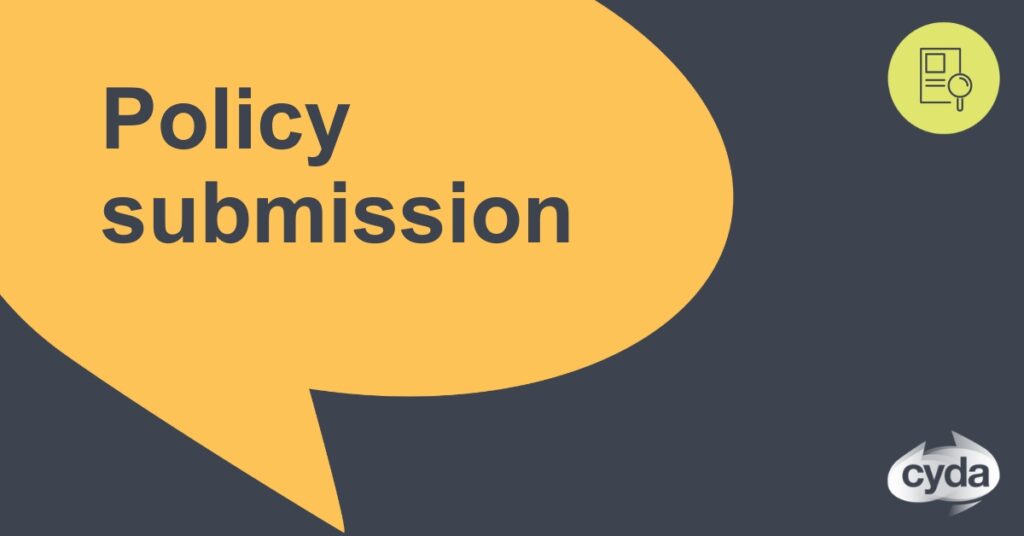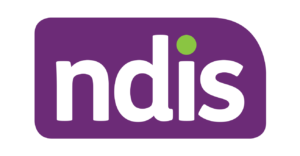Children and young people have the right to say what they think should happen when adults are making decisions that involve them and to have their point of view considered.
Children and young people with disability have complex and nuanced lives and identities that need to be considered when working on policies and practices that impact them.
The resources, training and education proposed by the Disability Royal Commission to embed supported decision making into the practices of the disability support sector should contain content specific to the experiences and needs of children and young people.
Download our full submission using the buttons above.







